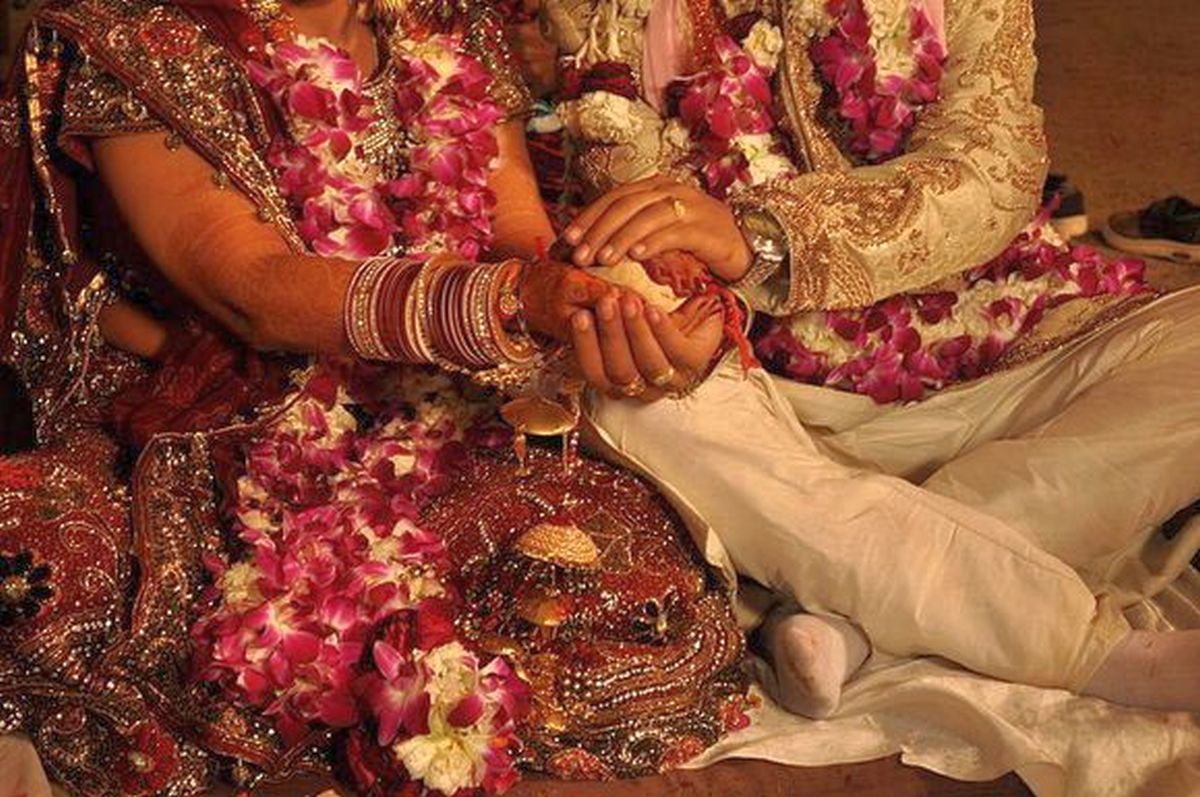
The Supreme Court has issued notice in connection with the appeal filed by Gujarat government against Gujarat High Court’s order imposing a stay on the operation of certain sections of the Gujarat Freedom of Religion Act. The High Court even refused to allow the state government’s rectification application seeking removal of stay while stating, “Prior to the amendment, marriage was not under Section 3, but now, because of marriage coming into section 3, a conversion for marriage would also require section 5 permission. So, in that sense, we have only stayed in the context of marriage. We have stayed Section 5 with respect to marriages only. We have not stayed Section 5 as a whole.”
This order has been challenged and was heard by a bench of Justices S Abdul Nazeer and Krishna Murari. The Gujarat government, however did not press for interim order, pressing for stay on the impugned order as Solicitor General Tushar Mehta stated that it was not the right time to hear the matter. The bench then issued notice to Jamiat Ulama-E-Hind Gujarat and other private respondents including Mujahid Nafees
On August 19, 2021 Gujarat High Court Bench of then Chief Justice Vikram Nath and Justice Biren Vaishnav passed an interim order ruling that the provisions of the Gujarat Freedom of Religion (Amendment) Act, 2021, will not apply to inter-faith marriages that take place without force, allurement or fraudulent means. The Chief Justice Vikram Nath announced in open court, “After recording the preliminary submissions and arguments advanced, we have directed as follows. We are therefore of the opinion that pending further hearing, the rigours of Section 3, 4, 4A to 4C, 5, 6, and 6A shall not operate merely because the marriage is solemnised by a person of one religion with another, without force or by allurement or by fraudulent means and such marriages cannot be termed as marriages for the purposes of unlawful conversion.”
Section 3 prohibits forcible conversion from one religion to another by use of force or by allurement or by fraudulent means, or by aiding a person to get married by allurement or by fraudulent means. Section 4, 4A to 4C prescribes punishment of imprisonment for unlawful conversion, declares marriages by unlawful conversion as void, and also deals with offences of organisations doing unlawful conversion. Section 5 penalises persons who have abetted the crime of forceful conversion and section 6 places the burden of proof on the accused.
In a similar order, the Allahabad High Court, in November 2021, stated that the Registrar of Marriages cannot hold off on registering interfaith marriages just because approval of conversion from district authorities is pending. “The Marriage Officer/Registrar cannot refuse to register a duly solemnized marriage, and/or, insist on a conversion approval of the district authority,” the court had said.
The Supreme Court order may be read here:
Related:
Guj HC refuses to remove stay on Sec 5 of anti-conversion law
Police cracking down on voluntary interfaith unions in Guj, UP
Conversion approval not required for interfaith marriage registration: Allahabad HC